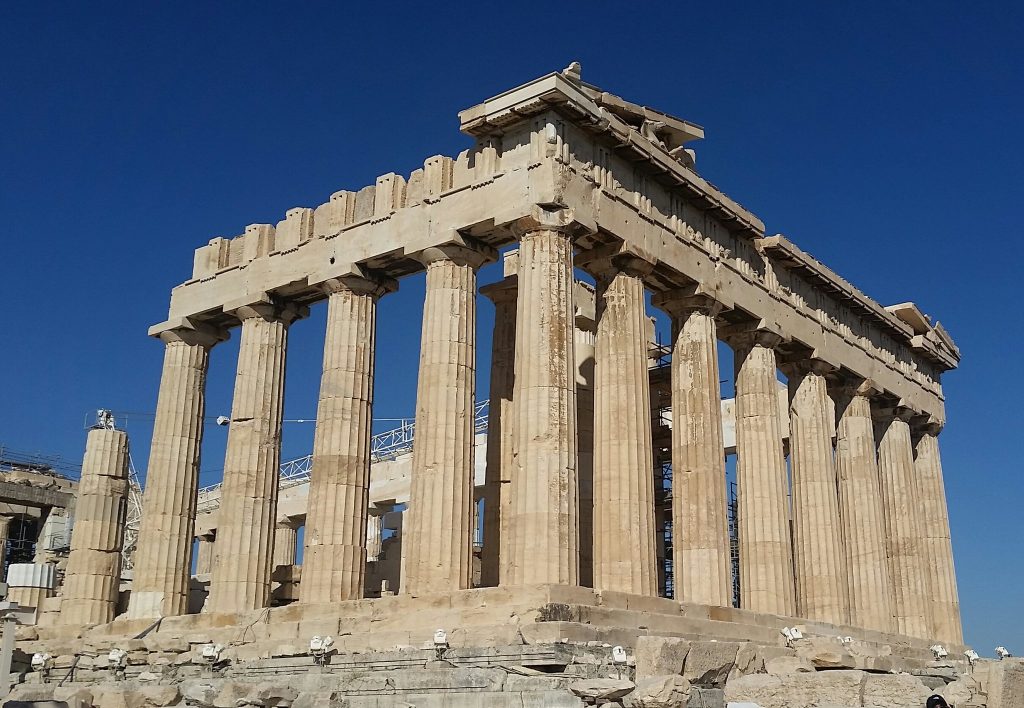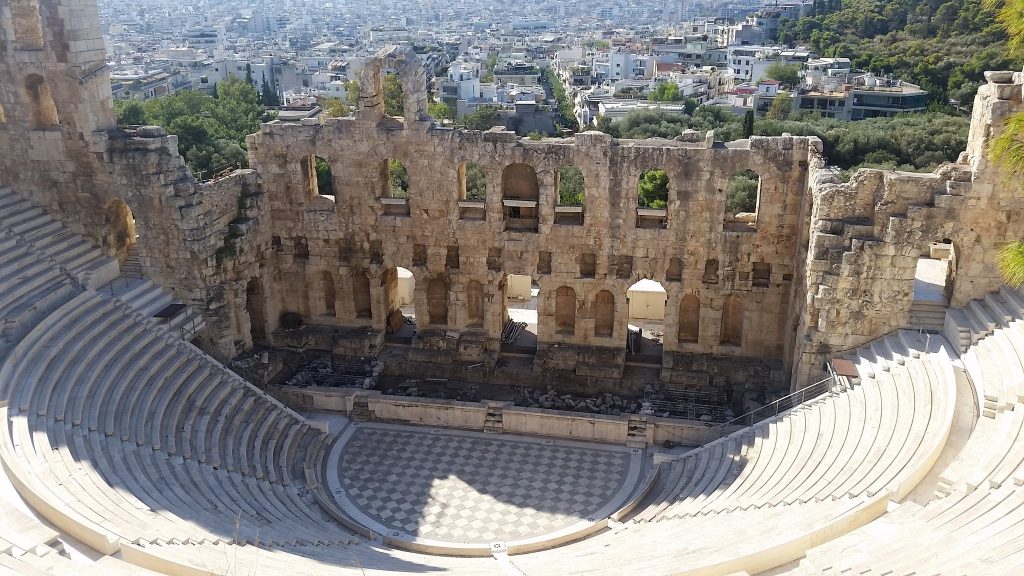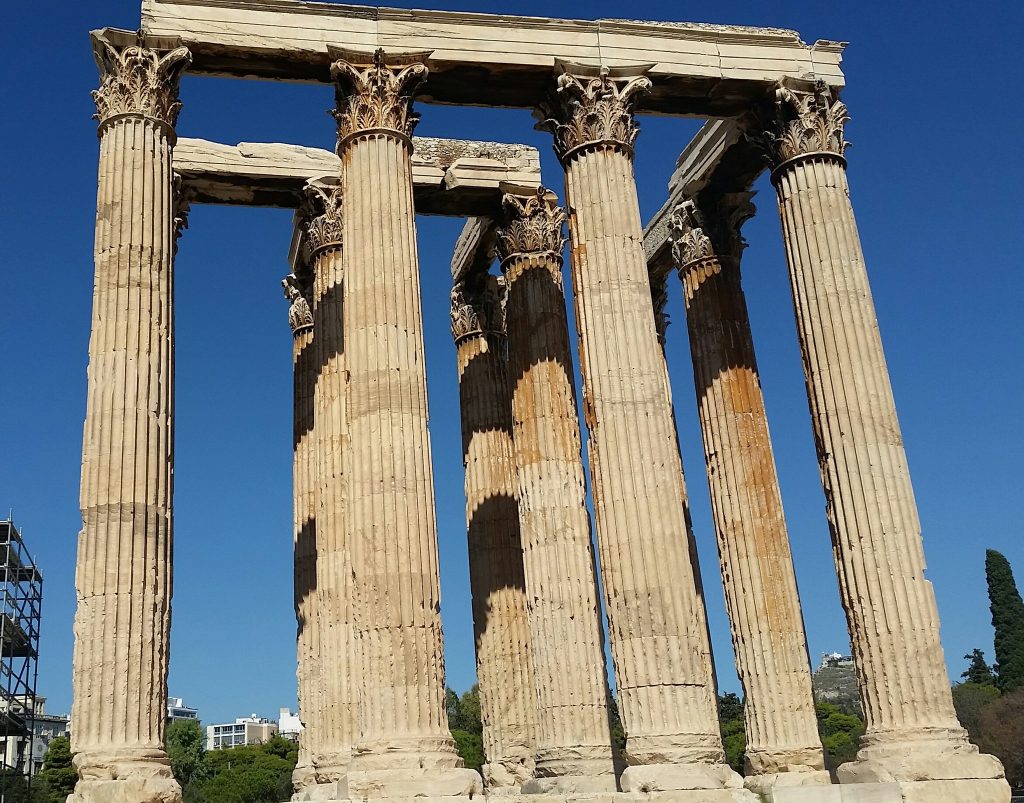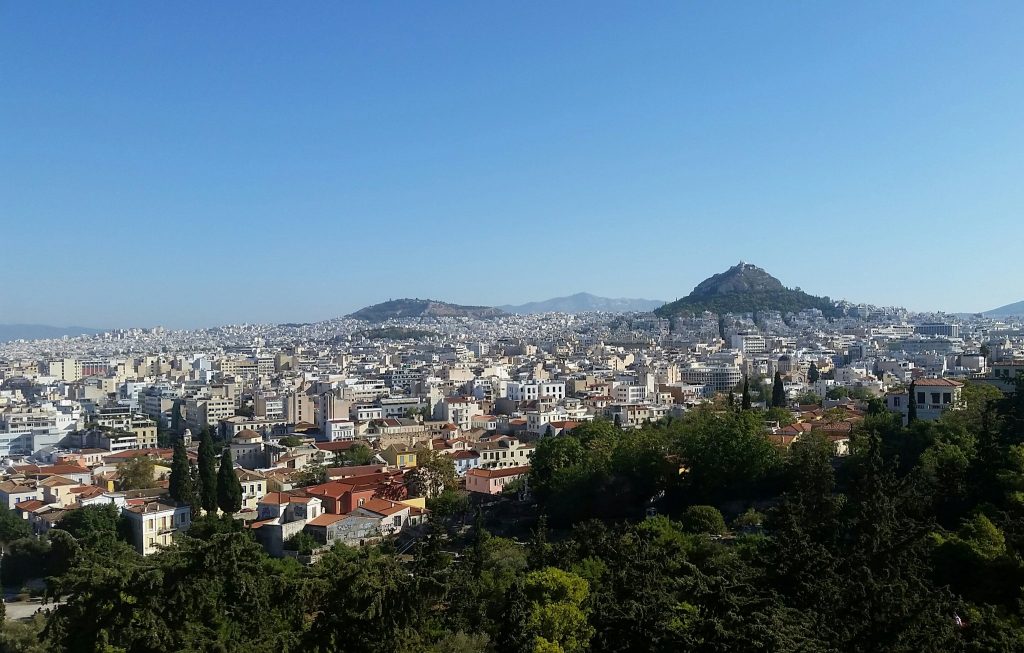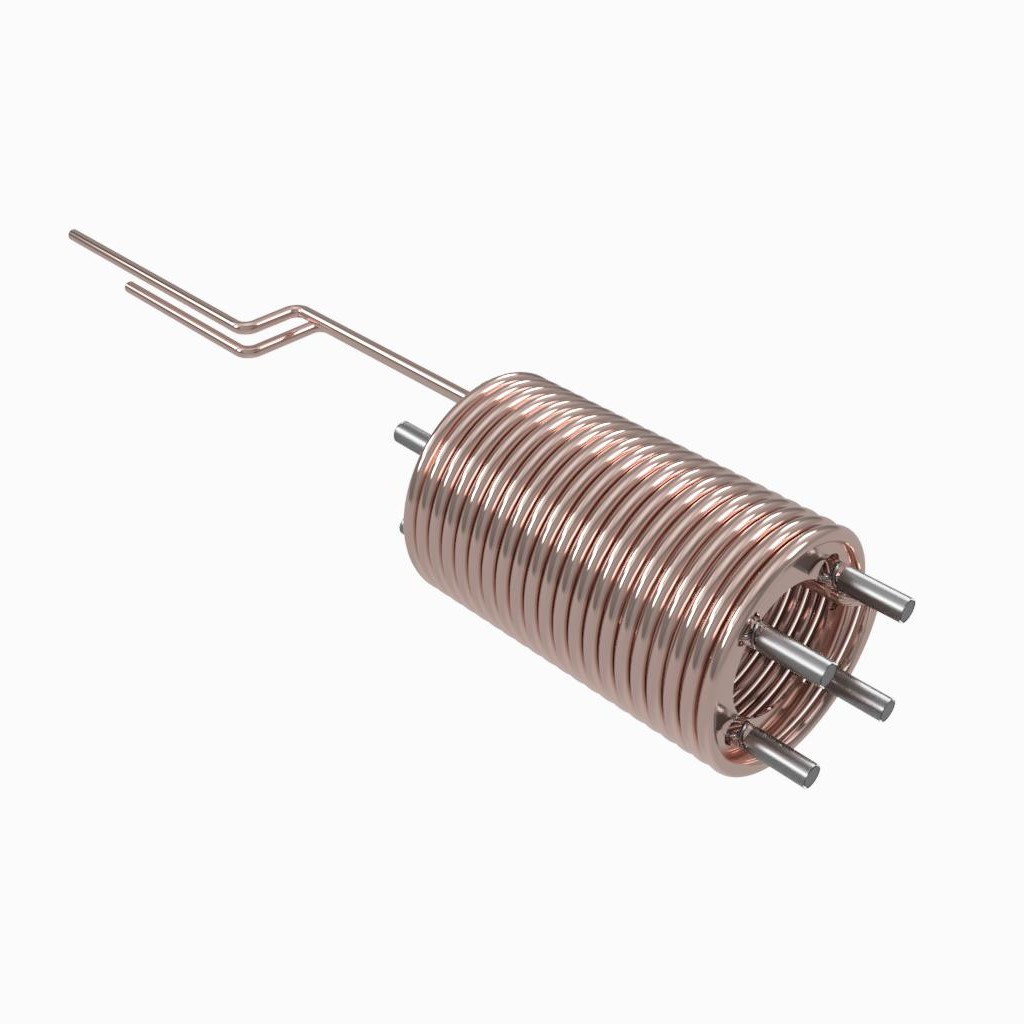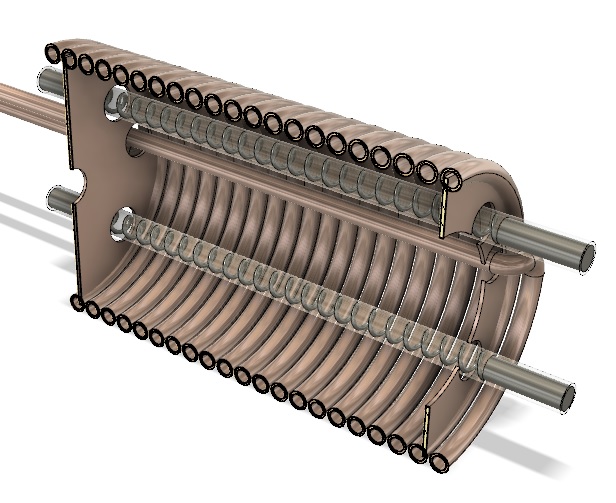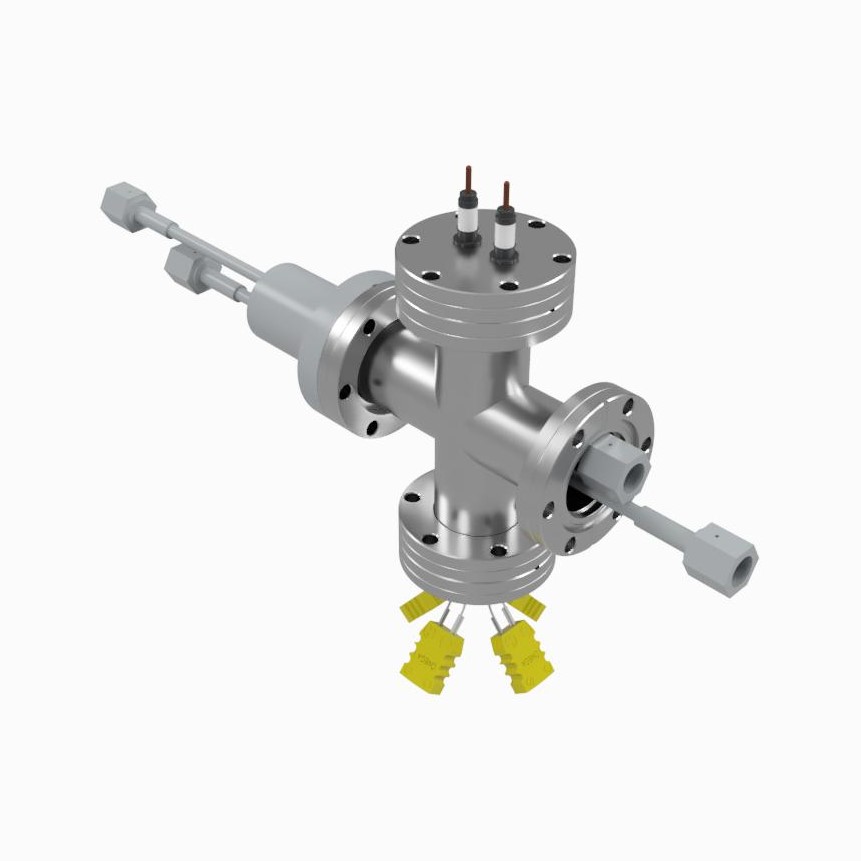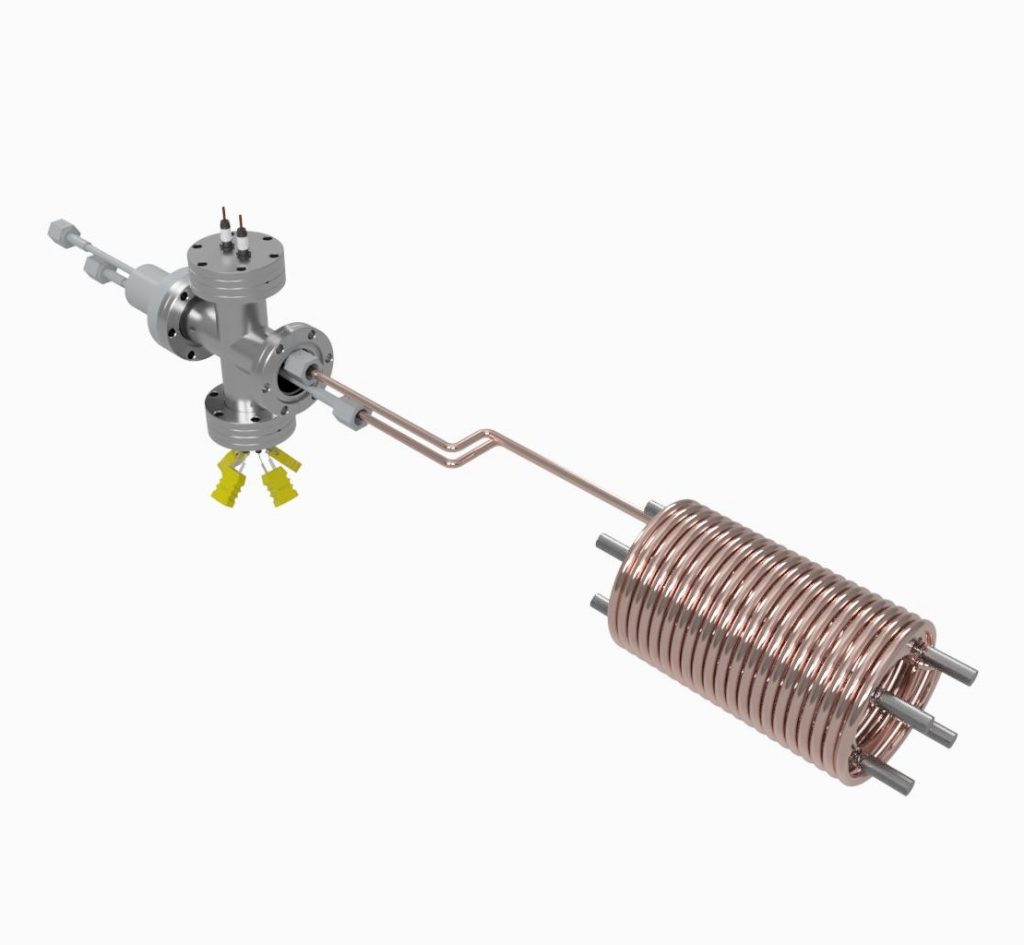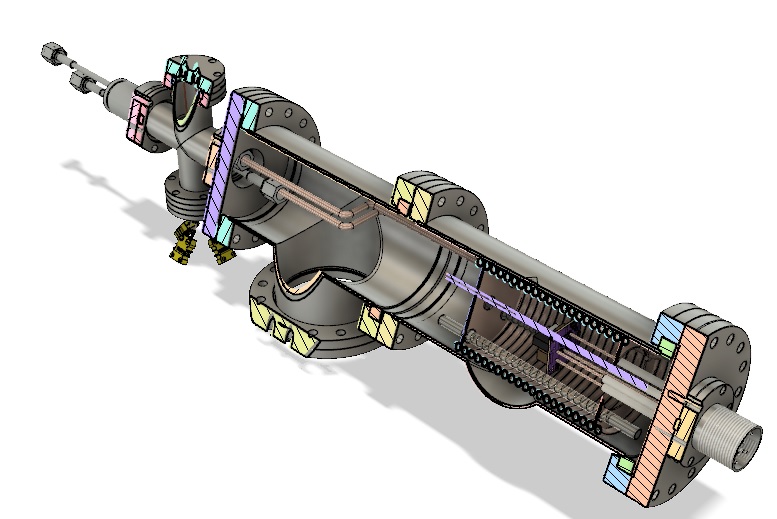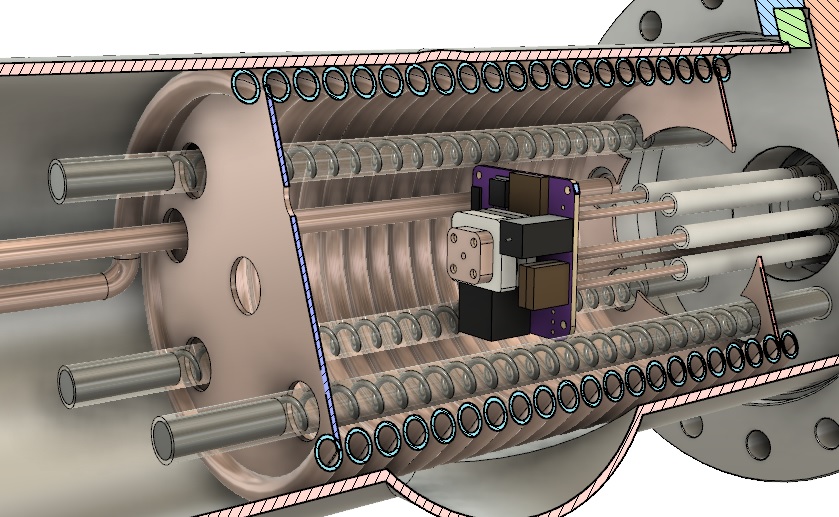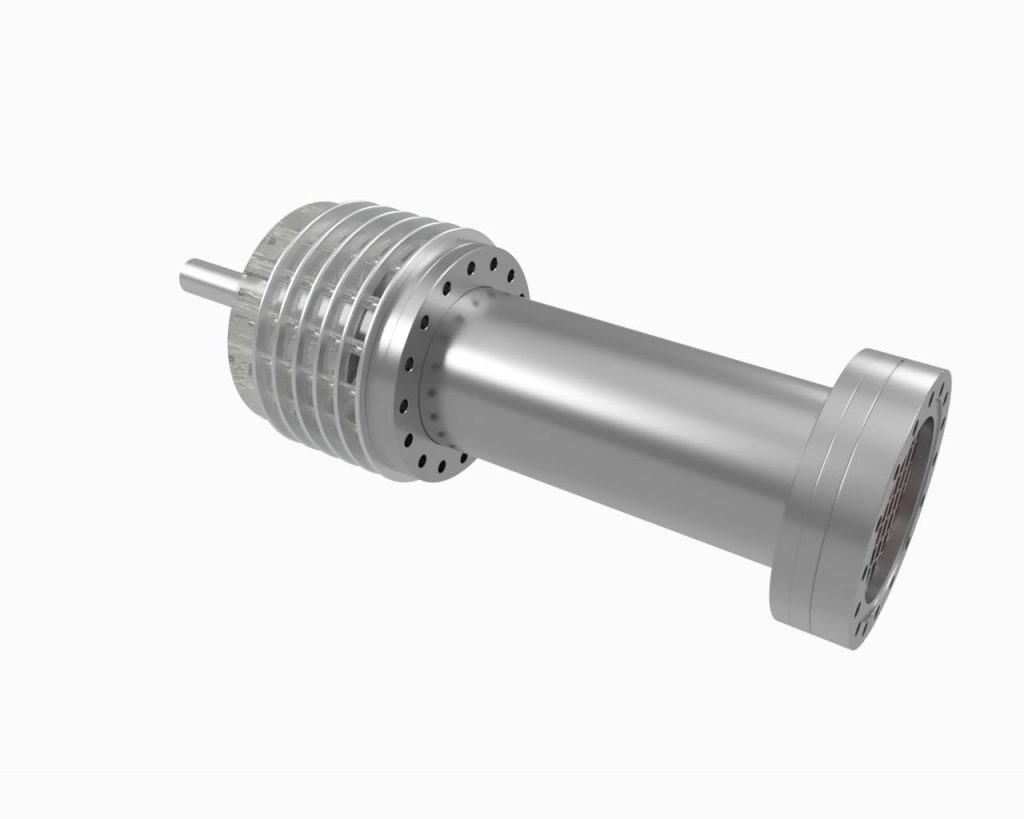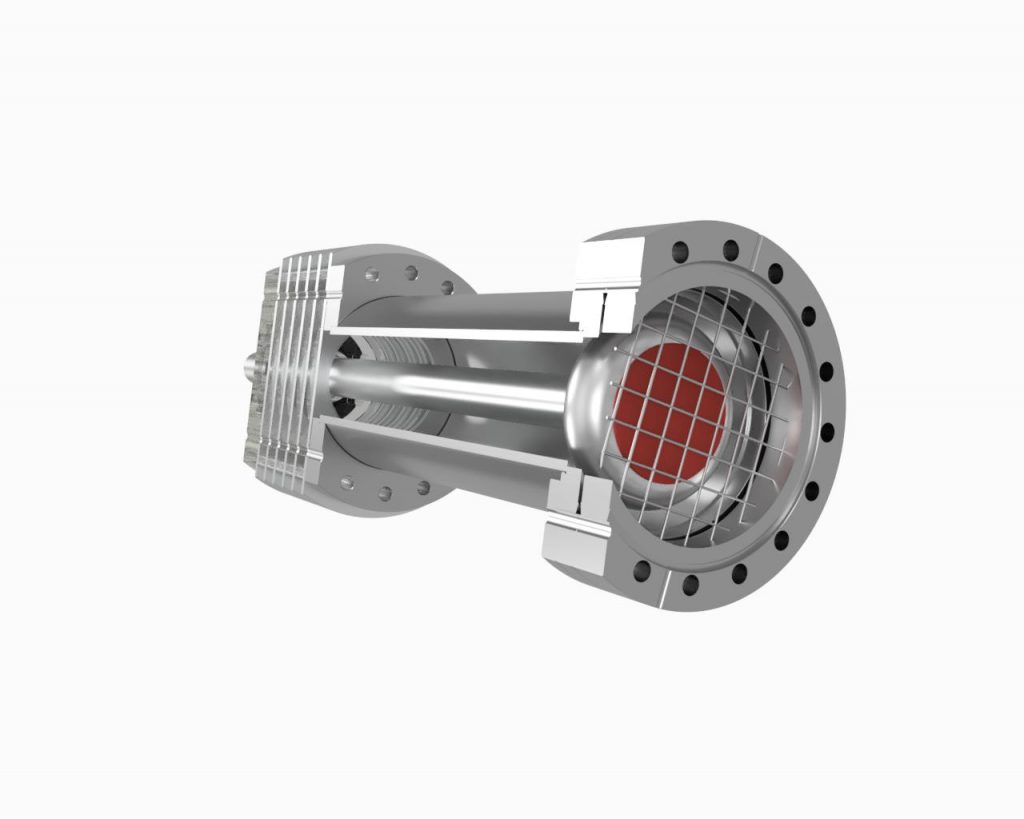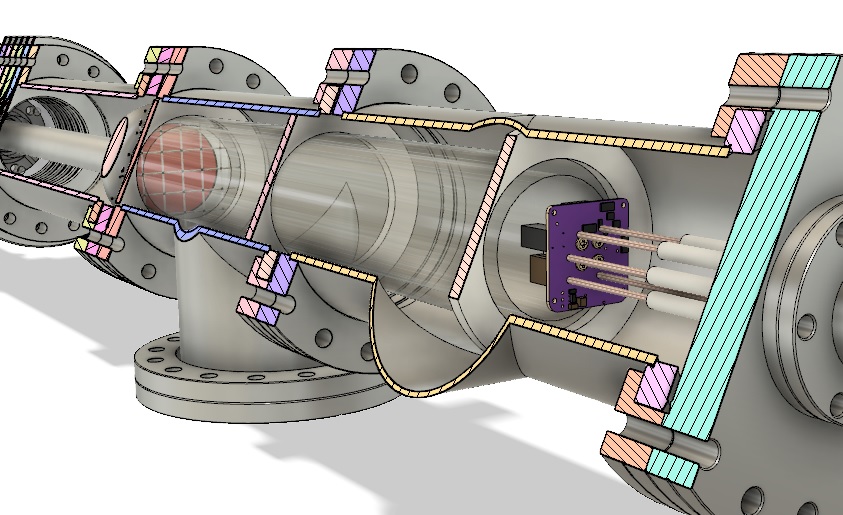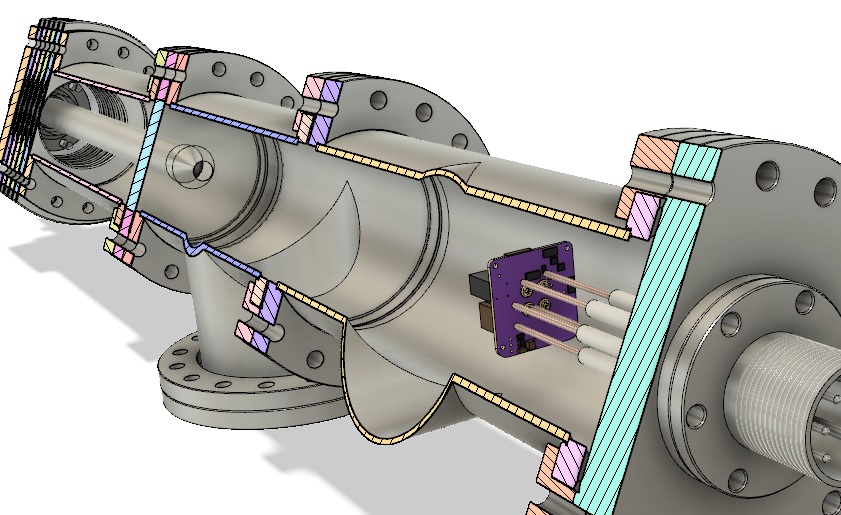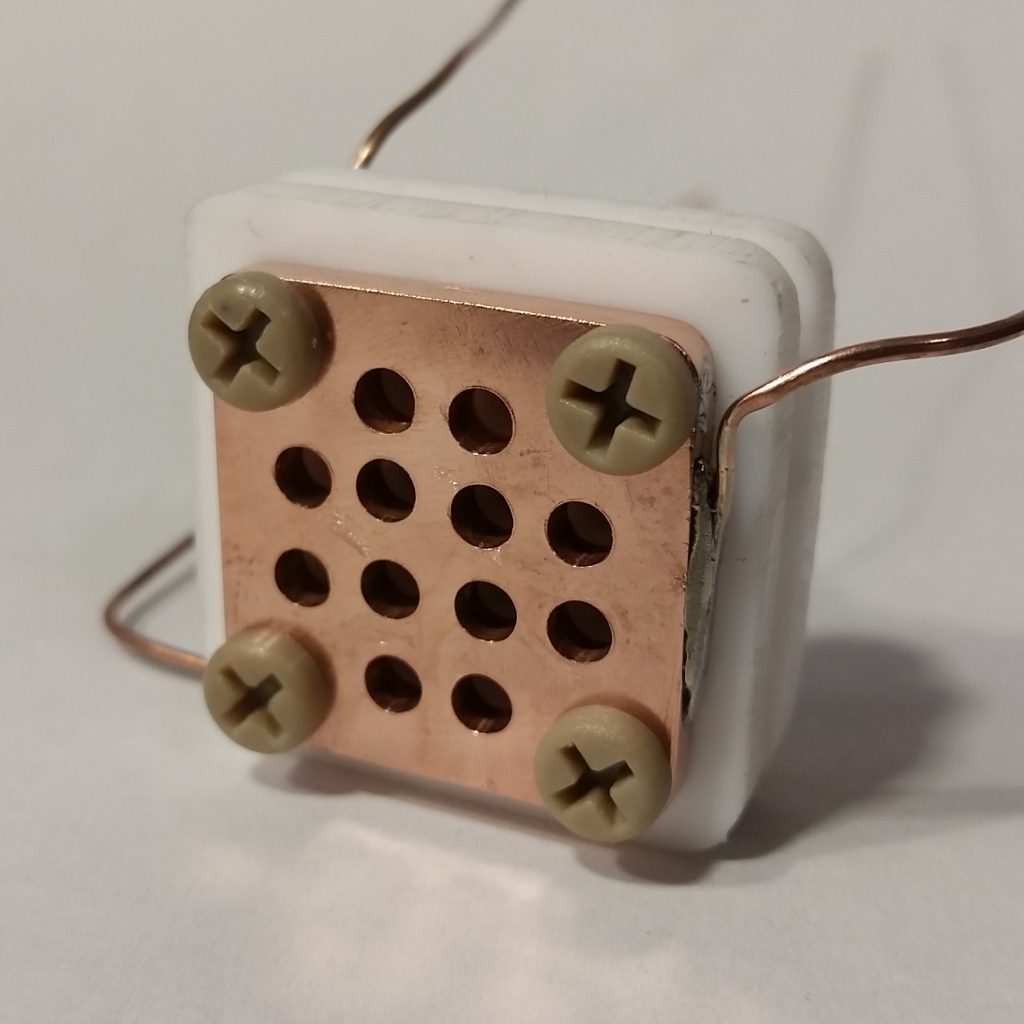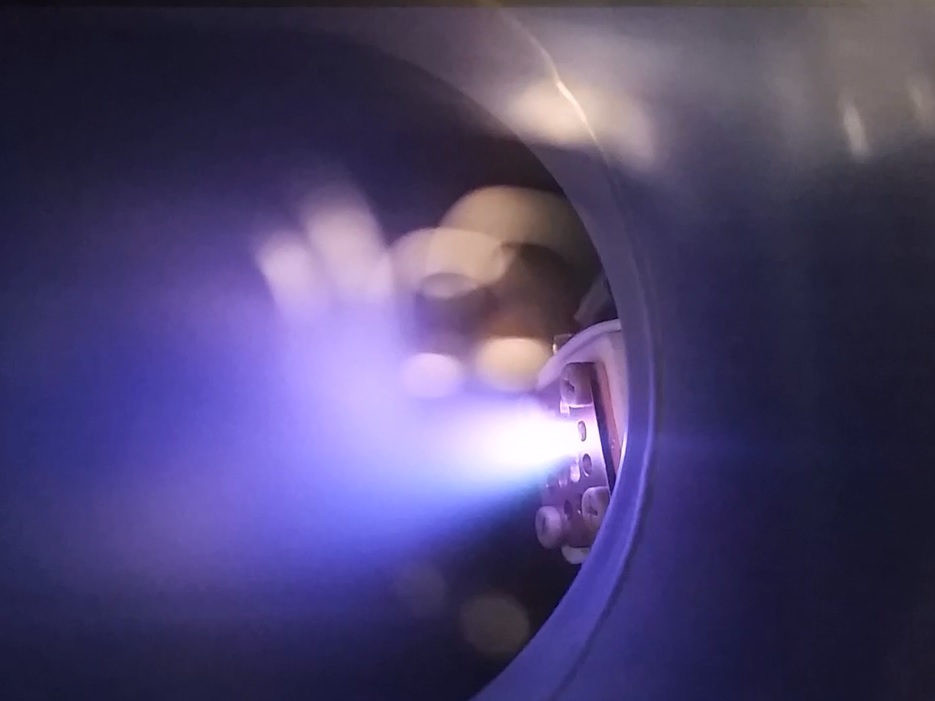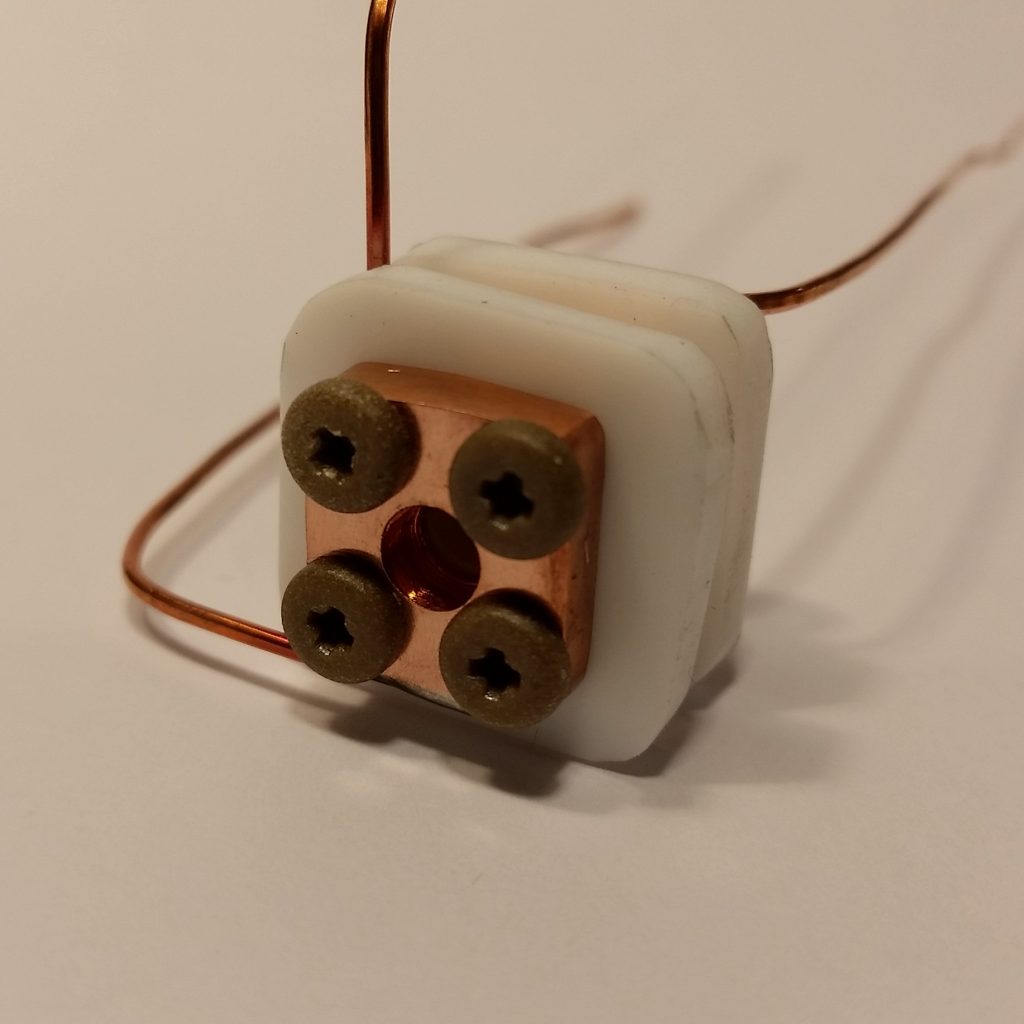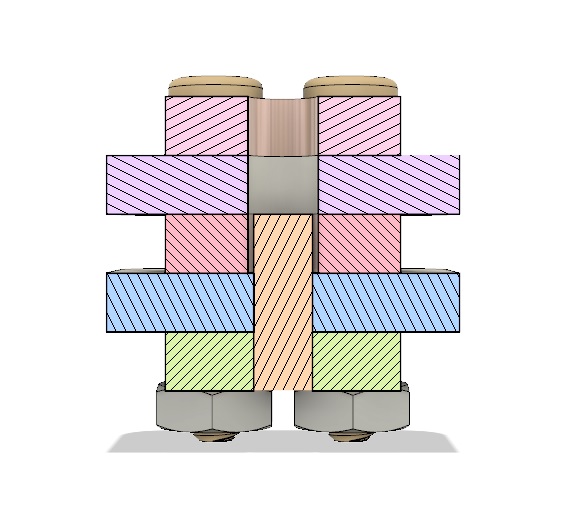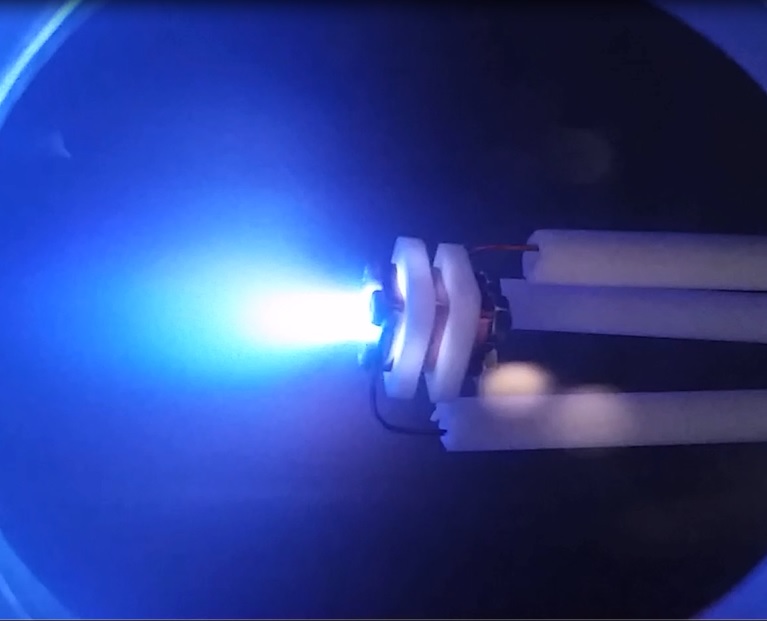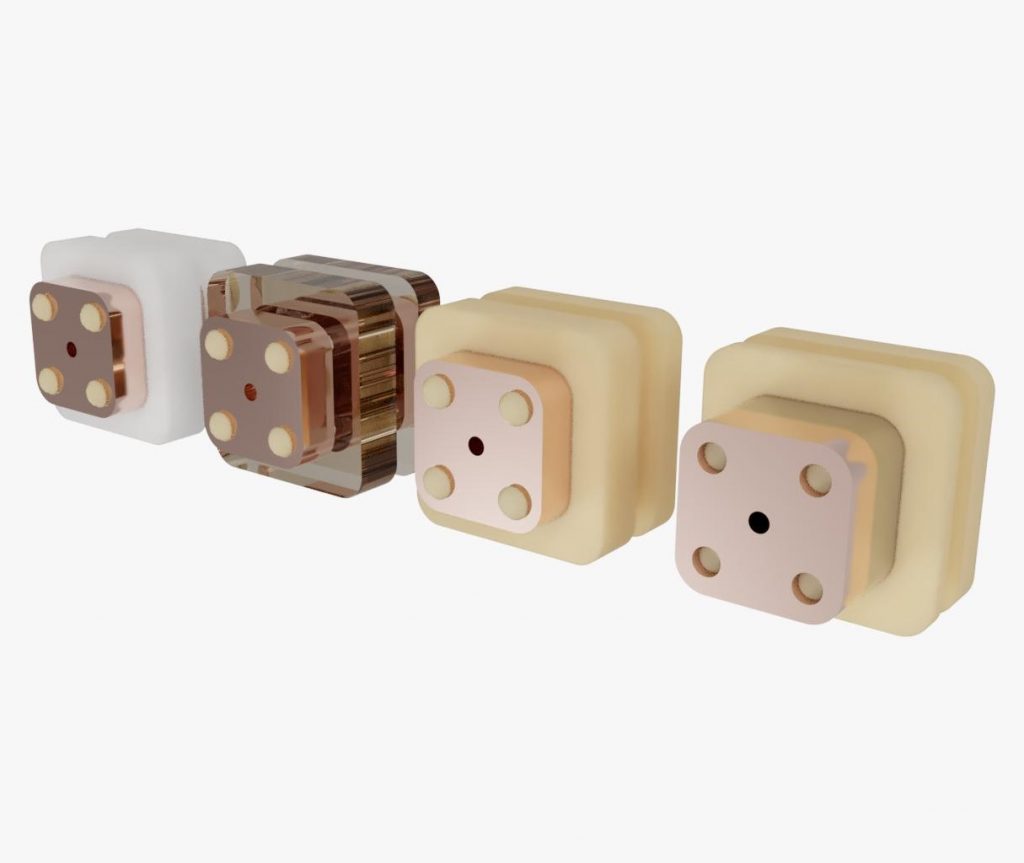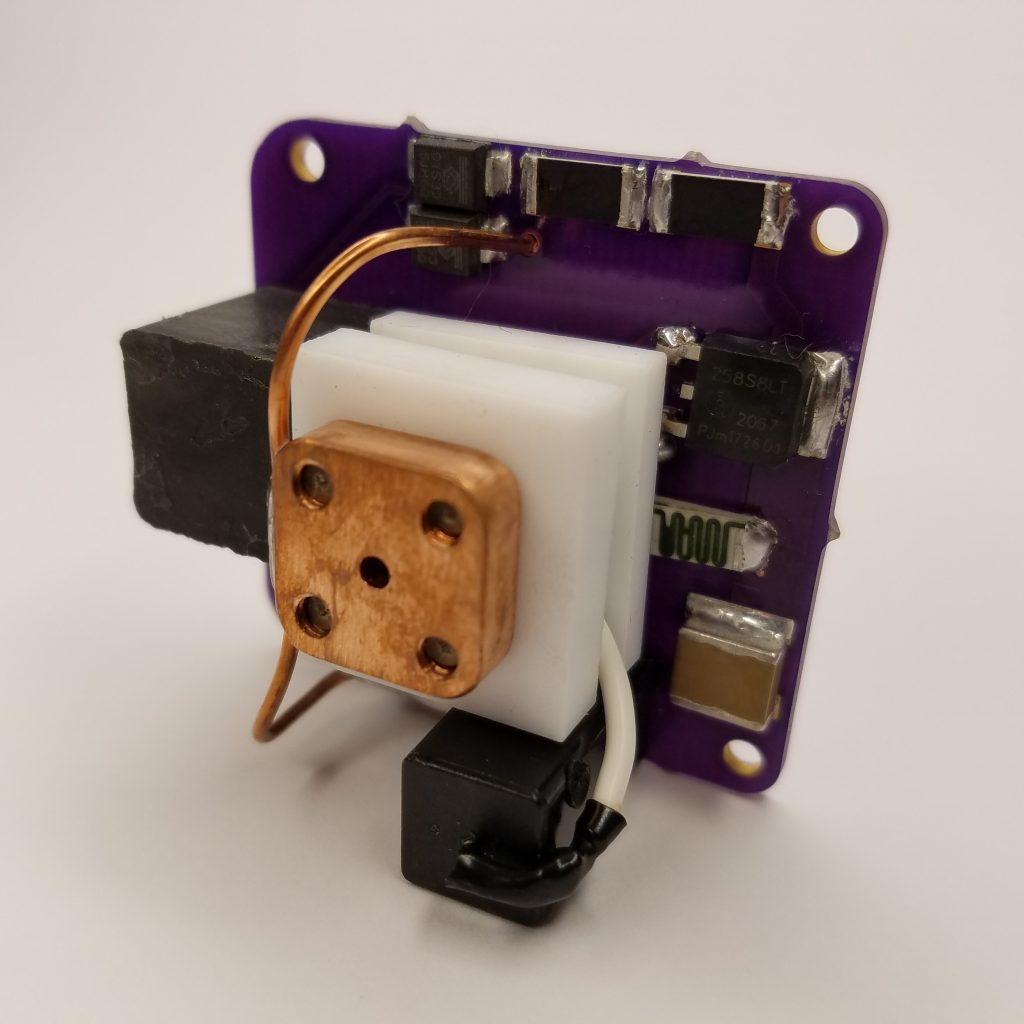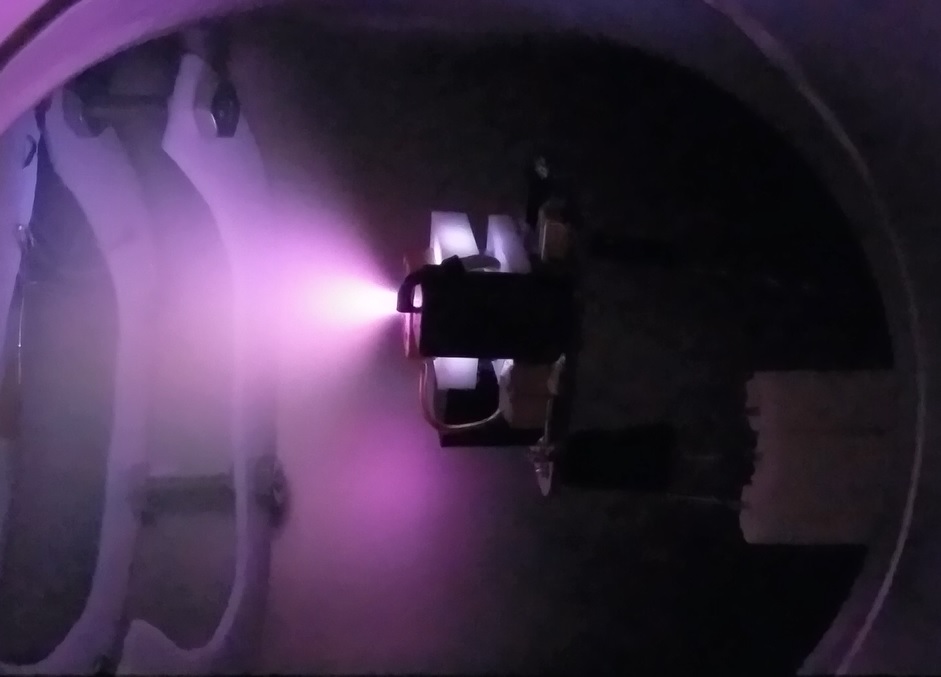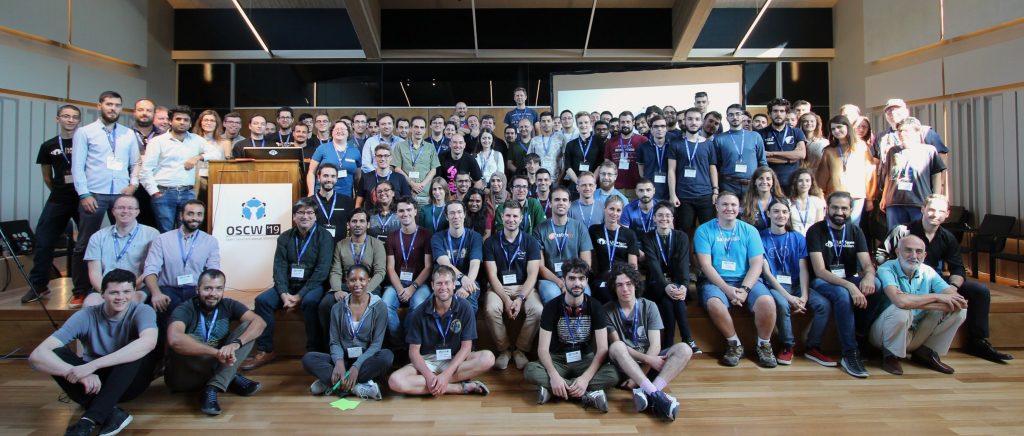
Earlier this month, I had the incredible opportunity to participate in the Open Source Cubesat Workshop 2019 in Athens, Greece. Over 200 participants representing over 30 countries from around the world gathered to share knowledge, experience, and passion in the small satellite field. The workshop took place over three days, with tons of informative talks, workshops, and discussions. Further details about the event can be found here https://oscw.space/ and here https://indico.oscw.space/event/3/.
Of course, it would have been impossible to go to Athens without visiting some of the incredible historic cites at this amazing city! Fortunately, the venue was within walking distance of downtown Athens, and near some of the major historic areas such as the Acropolis. I happened to stay at Yoleni’s Greek Gastronomy Center, which if you are ever traveling to Greece and want to stay in the downtown area, I would absolutely 100% recommend. The pricing was incredibly low, but the service was absolutely phenomenal. Fantastic accommodations, and the staff was some of the most friendly, attentive, and all around amazing hotel staff I have ever had the pleasure of interacting with.
As part of this event, I was invited to give two talks on my work in open source testing and development for space systems. Through the incredible generosity and help of the Libre Space Foundation, I was sponsored to fly out and give these talks, to help further promote open source hardware development in the space community. The full playlist of all talks at OSCW 2019 can be found here, on the Libre Space Foundation YouTube page: Open Source Cubesat Workshop 2019 Playlist.
My first talk, titled “Open Source Development of Advanced Vacuum Testing Infrastructure for Space Hardware” detailed several proposals for low cost, open source, advanced testing for space hardware. The first system I covered included a micro TVAC shroud assembly, able to fit inside common conflat hardware, specifically adapted for my 6″ conflat high vacuum test chamber for micro propulsion development.
This system would allow full hot and cold cycling of small components inside the shroud, using a combination of infrared quartz heater bulbs, and a simple cryo-shroud made from common refrigeration tubing. A single 2.75″ conflat cross would serve for the complete assembly mounting and feedthrough, allowing for thermocouple instrumentation, heater power input, and liquid nitrogen cooling in one low-cost, compact assembly using common off-the-shelf high vacuum hardware.
In the second part of the talk, I overview a design for a high power pulsed accelerator, named EXEDA, that could be used for low cost TID radiation dosing of electronics and materials for space applications. Such an accelerator could easily deliver many kRads of direct beam dose to exposed electronics and materials, as well as be modified to deliver low MeV range light and heavy ion dosing, as well as high intensity x-ray doses. This project started well before I got into open source propulsion, and was the reason why I started designing and building my vacuum systems prior to the propulsion effort. While it has taken a backseat to propulsion for now, it still remains one of my ultimate long-term goals to get operational.
The full recorded talk for the first presentation can be viewed here: Open Source Development of Advanced Vacuum Testing Infrastructure for Space Hardware. The presentation PDF can be downloaded below:
My second talk, titled “Open Source Development of Low Cost, Low Power, Sub-Joule Micro-Pulsed Plasma Thrusters for PocketQubes and Cubesats“, overviews the open source work I have done to this point of pulsed plasma thrusters for micro satellites. In this presentation, I step through the evolution of the AIS-gPPT series thruster, from the first prototypes to the most recent development.
The full recorded talk for the second presentation can be viewed here: Open Source Development of Low Cost, Low Power, Sub-Joule Micro-Pulsed Plasma Thrusters for PocketQubes and Cubesats. The presentation PDF can be downloaded below:
Overall, the workshop was a tremendous success, and a ton of fun. Not only did I get the opportunity to present my work on an international stage, but I got to learn more about the Cubesat community in general, and most of all, made many awesome new friends and connections throughout the field. I am also extremely grateful to the Libre Space Foundation, who made this journey a reality. OSCW 2019 was an unbelievable experience, and I can’t wait for the next one!

